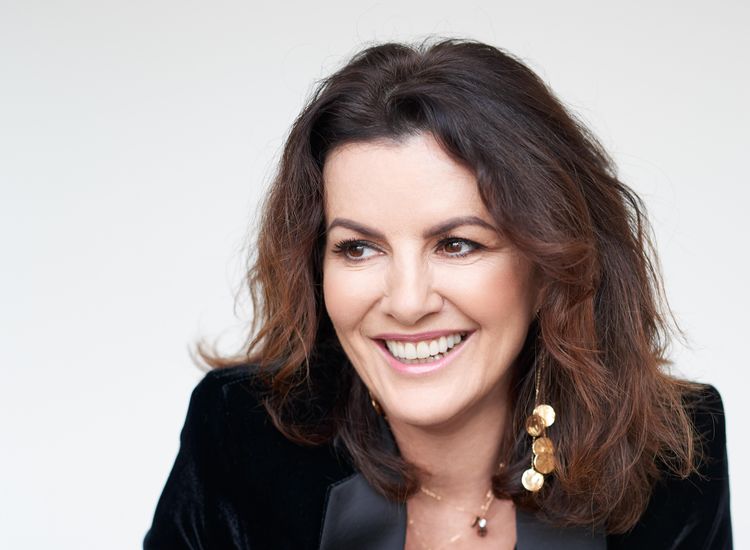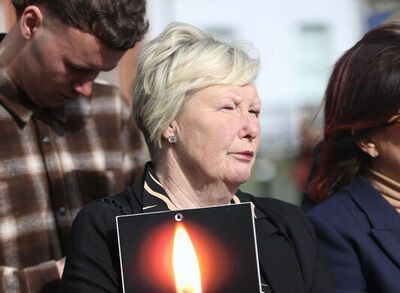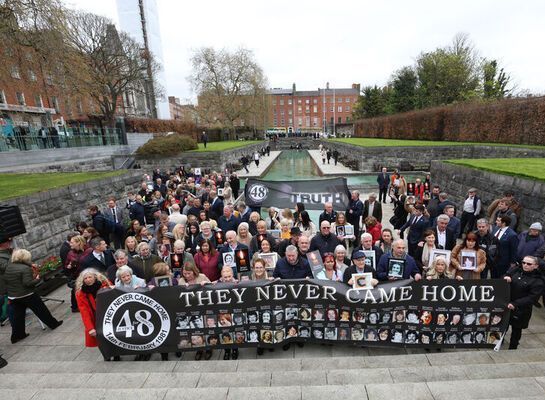Is this the Era of Acquiescence, the Decade of Docility, or the New Gilded Age? Not if Jesse Winch and Nat Hentoff have anything to say about it culturally. They have reached out to friends, acquaintances, or music fans in an attempt to forestall the elimination of two cherished and vital annual honors from the National Endowment for the Arts: the National Heritage Fellowships and the Jazz Masters Fellowships. (The NEA's Opera Honors are also scheduled for scuttling.) Back on March 4 and then again on April 1, Winch, a member of the D.C.-based Irish traditional bands Celtic Thunder and Narrowbacks as well as the chairman of Comhaltas Ceoltoiri Eireann's O'Neill-Malcom Branch, sent to me and many others an e-mail arguing persuasively for the retention of the NEA's National Heritage Fellowships. His alarm is also my own: the proposed termination of National Heritage Fellowships, Jazz Masters Fellowships, and Opera Honors and the launch of a one-size-fits-all award, "American Artists of the Year," described on pages 10-12 in the 62-page NEA Appropriations Request for Fiscal Year 2012 that was submitted to the U.S. Congress in February. (The document is posted online at http://www.nea.gov/about/Budget/NEA-FY12-Appropriations-Request.pdf.) Starting in 2012, candidates for this new "American Artists of the Year" honor would come from musical theater, design, media arts, museums, visual arts, dance, opera, and music. Traditional, folk, and jazz performers would ostensibly be subsumed under "music," even though the words "National Heritage Fellowship" and "Jazz Masters Fellowship" are literally stricken out with a straight line on page 11 of the appropriations request document. Several music critics have tried not to anger or attack current NEA Chairman Rocco Landesman in their arguments for retaining the National Heritage Fellowships, Jazz Masters Fellowships, or Opera Honors. Civility and courtesy, now extinct in political debate, should be observed. But the efforts of these critics at finesse and pre-emptive mollification have left the perception that they're meek or weak and thus lack ardor or genuine urgency. Being polite is one thing. Being a pushover is another. Like Winch, Nat Hentoff is no pushover, especially when he thinks the music he loves is under siege. In his "Final Chorus" column in the May 2011 issue of JazzTimes magazine, Hentoff makes a blunt point: "Having heard from a shocked, angry Dana Gioia, it's clear to me that if he were still the NEA chairman (and how I wish he were), the budget reductions would have been arranged so that this recognition of jazz -- the U.S. government's most important ever -- would have survived." Landesman's predecessor as NEA chairman, Gioia raised both the profile and the monetary award for the National Heritage Fellowships and Jazz Masters Fellowships. In that same column, Hentoff asks his readers to write to their U.S. Congressmen and Congresswomen in what he hopes will be a loud chorus of protest over the proposed deletion of Jazz Masters Fellowships. In his e-mails, Jesse Winch asks something similar: a flood of letters to NEA Chairman Rocco Landesman to retain the National Heritage Fellowships as a discrete, undiluted, uniquely distinguished annual honor. Think of these Irish and Irish-American recipients since the inception of the National Heritage Fellowships in 1982: Joe Heaney, Joe Shannon, Martin Mulvihill, Michael Flatley, Jack Coen, Liz Carroll, Donny Golden, Mick Moloney, Kevin Burke, Joe Derrane, and Mike Rafferty. Now think of that list as final. Think also of the dashed or diminished prospects of Seamus Connolly, Billy McComiskey, Joanie Madden, Martin Hayes, Brian Conway, Felix Dolan, and select others to receive the National Heritage Fellowship that each has indisputably earned. My hope is that at least one will be named in 2011, the expected last year of the National Heritage Fellowships. Hentoff, who received the first NEA Jazz Masters Fellowship for Jazz Advocacy in 2004, points out that jazz would be "deeply submerged" within the "smorgasbord" of "American Artists of the Year." No less in danger of drowning would be traditional and folk arts, including Irish. As Jesse Winch observed in one of his e-mails, "In honoring America's vibrant vernacular culture, its tribal, ethnic, occupational, and regional traditions kept in families and communities and passed down through generations, the National Heritage Fellows honor precious, often overlooked, grassroots artistic traditions that deserve but too rarely receive national attention." Winch also noted that "the proposed NEA 'American Artists of the Year' award will privilege professional artists and mainstream forms to the detriment of recognition for traditional arts and artists. How can Native American basket makers and cowboy poets compete with nationally known figures?" Over the next couple of years, I suspect some jazz and possibly a couple of traditional or folk artists will receive "American Artists of the Year" awards, perhaps to placate their supporters. But as T.S. Eliot warned us in "Murder in the Cathedral," his 1935 verse drama: "The last temptation is the greatest treason / To do the right deed for the wrong reason." The fear is that when the din dies down, traditional, folk, and jazz artists may fade from the annual list for this new award. Even politicians know that it's much harder to detect omissions than inclusions and that the media will tire of any one subject and move on to other, fresher, far juicier ones. There's always an "American Idol" candidate who desperately needs our organized support, right? Who cares about Irish flutists, fiddlers, button accordionists, and uilleann pipers? Aren't they used to getting gruel? Or should we let them eat cake? If you agree with Jesse Winch, Nat Hentoff, and me that the National Heritage Fellowships and Jazz Masters Fellowships should be spared the guillotine, write to your Congressmen and Congresswomen and, in particular, to Rocco Landesman, Chairman, National Endowment for the Arts, 1100 Pennsylvania Avenue, N.W., Washington, DC 20506-0001. Remind all of them that "a great nation needs great art" and that traditional, folk, and jazz artists represent the best, not the basement, of American culture. Baltimore trio coming to NYC The pride of Baltimore, button accordionist Billy McComiskey, flutist Laura Byrne, and pianist Donna Long will perform as a trio at 9 p.m. on Fri., May 6, at New York University's Glucksman Ireland House, 1 Washington Mews, Greenwich Village, N.Y. All three are members of the Hedge Band. McComiskey is also a member of both the Green Fields of America and Pride of New York ensembles, and Long is a former member of Cherish the Ladies. Call 212-998-3950 for more information.











